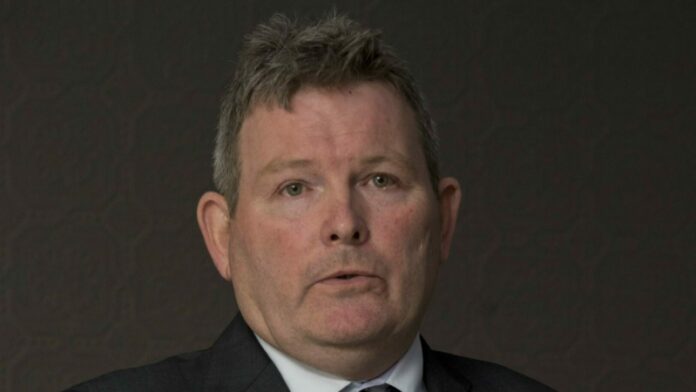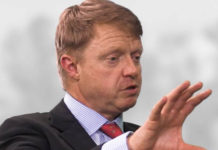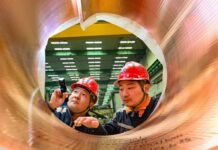
MINERALS Council SA president Paul Dunne warned that industry and Government discussions over the proposed minerals legislation should not result in “inappropriate policy responses to mis-diagnosed problems”.
Speaking at the Joburg Indaba conference on Wednesday, Dunne called for rational decisions as the current amendments to the Minerals and Petroleum Amendment bill, gazetted in Parliament in May, did not encourage or sustain the growth in investment.
He stressed that mining companies were not prepared to invest the amounts of capital needed over the long investment periods required to build new mines in South Africa.
“In round numbers it costs R20bn and takes ten years to build a decent-sized mine and that excludes the exploration phase. Very few mining companies have that type of money lying around on the balance sheet,” said Dunne.
“So companies need to operate in an environment that allows them to attract debt or equity capital to fund projects. Providers of capital will not put their money into risky investments where their returns are threatened by regulatory uncertainty; crime and corruption and failing infrastructure,” he said.
“At the very least the cost of capital increases significantly rendering projects unviable that otherwise would proceed. This is the fundamental starting point of all our discussions with (Mines Minister) Gwede Mantashe and his colleagues.”
Dunne commented that the mining industry had been severely constrained over the past 30 years through a combination of “regulatory uncertainty; weak administrative processes; unnecessary delays in licencing authorisations as well as the severe repercussions that state capture has had on electricity supply and rail and port infrastructure”.
Dunne added that the Minerals Council was fully engaged with Government on these legislative issues including the proposed amendment bill and the chrome export tax issue.
He warned discussions with Government were likely to be “protracted”, adding that a redraft of the amendments bill may only emerge “perhaps into the new year”.
Asked by conference chairman Bernard Swanepoel about “ideological differences” between the mining industry and Government Dunne replied: “My personal experience talking to the Minister (Gwede Mantashe) is that he relates very well to mining.
“But there are many pressures inside the politics of the day and it’s not just about the Minister. I cannot say anything about the discussions but the nature of those discussions is constructive.
“So, we have a chance. We must be listened to and, if we are not listened to, the consequence is that we will not be able to attract the capital at the right cost to be able to do what this industry needs. We need the money.”











